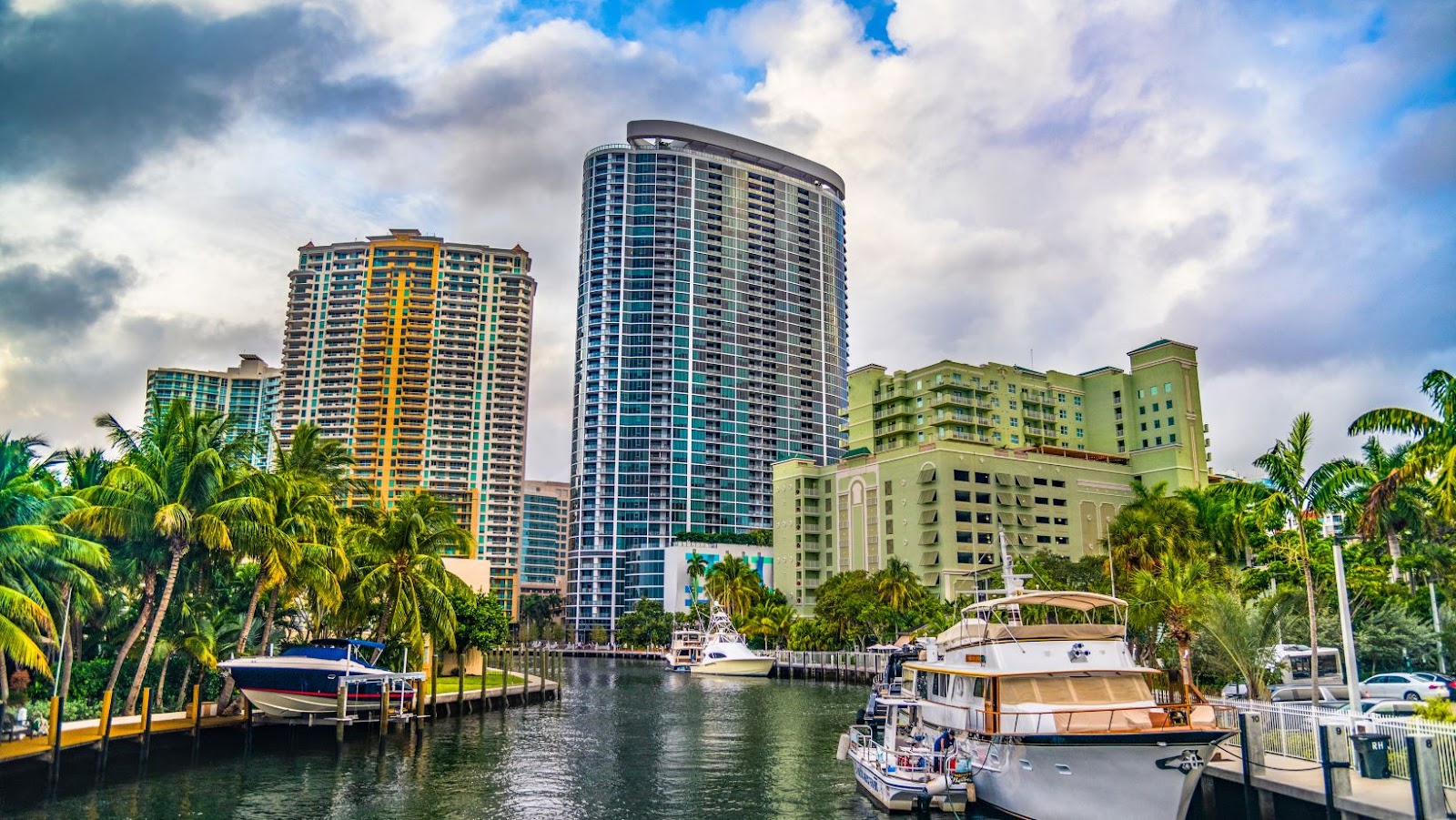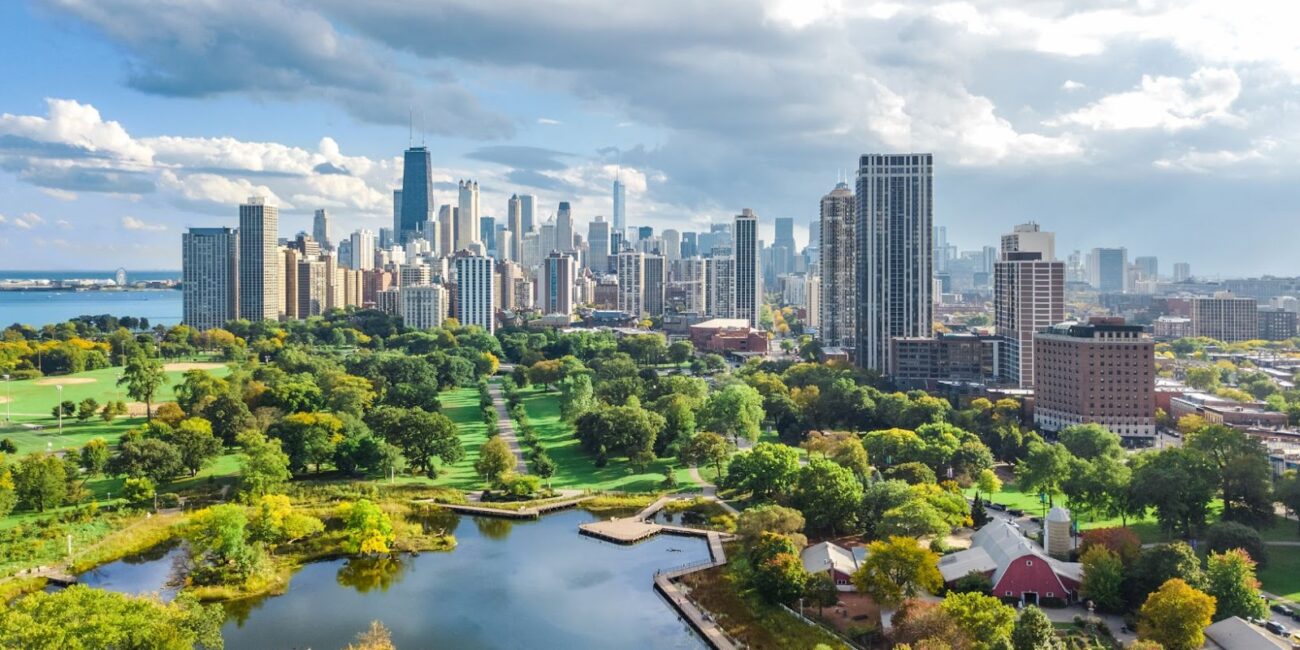To travel to France from the USA with ease, you need the right documents. In order to assist you with this, we have the solution. The following sub-sections – Passport, Visa Requirements, ESTA or ETIAS Authorization, Travel Insurance, and Medical Documents – will be briefly introduced to help you understand what you need in order to travel to France from the USA without any obstacles.
Can You Add Flight Insurance After Booking
For foreign travel to France from the USA, the document that serves as an official identification is known as a “Travel Document.” A passport must be a valid USA passport that is not set to expire within six months of the trip.
Below is a table with additional information about the necessary Passport documents:
| Type of Document | Requirements |
| Passport validity | USA passport must be valid for the entire stay in France. |
| Passport Renewal | USA passport can take up to 18 weeks to renew. Start early if it needs renewal. |
| Passport Application | Fill out DS-11 form and provide acceptable photo ID and proof of citizenship. |
If traveling with minors under 18 years old, they will need their own passports or visas accompanied by their parents’ passports.
In addition, ensure there are two available pages in your USA passport for customs stamps upon entry and exit into France.
Don’t miss out on your once-in-a-lifetime opportunity by failing to obtain proper Travel Documents! Keep a close eye on when your USA Passport expires and the necessary steps required for renewal or application purposes.
Make sure you pack your passport and a thick skin, because getting a French visa can be a test of both.
Visa Requirements
For individuals traveling to France from the USA, a variety of documents will be required. A valid passport, with at least six months validity remaining is essential. Additionally, travelers must have proof of onward or return travel, as well as evidence of sufficient funds for their stay.
It is important to note that visa requirements vary based on the length and purpose of stay. Those visiting for tourism or business purposes may enter without a visa for up to 90 days within a six-month period. However, those planning on staying for longer periods must apply for a visa prior to travel.
When applying for a French visa, applicants should expect to provide additional documentation beyond that of general travel requirements such as detailed itinerary plans and health insurance coverage information.
According to the U.S Department of State’s Bureau of Consular Affairs, approximately 8 million Americans visit France each year making it one of the most popular destinations in Europe.
Get your ESTA or ETIAS authorization before you go to France, unless you want to spend your vacation in detention, which could be a whole new cultural experience, I suppose.
ESTA or ETIAS Authorization
To enter France from the USA, travelers need to obtain an electronic authorization document called ESTA or ETIAS. This document is mandatory and allows visitors to travel to France for tourism or business purposes without applying for a visa. The authorization grants a stay of up to 90 days in any 180 day period and can be obtained online by completing a simple application form.
For a detailed comparison between ESTA and ETIAS authorization, refer to the table below:
| Authorization | Purpose | Validity Period | Cost |
| ESTA | Tourism/ Business Travel | Two Years | $14 |
| ETIAS | Tourism/ Business Travel | Three Years | €7 |
It is important to note that travelers must have a valid passport, an active email address, and a credit/debit card to pay the associated fee. Moreover, the authorization should be obtained before departure as airlines may deny boarding without proper documentation.
Finally, a friend of mine who planned a trip to France forgot to obtain an ESTA authorization beforehand and was refused boarding at the airport. He had to return home disappointedly and purchase another ticket once he obtained the necessary documents. It was an expensive lesson for him, but we hope others learn from his mistake and avoid such hassles while traveling abroad.
If your travel insurance doesn’t cover both lost luggage and existential dread, what even is the point?

Travel Insurance
Securing Coverage while Traveling to France
It is crucial to obtain travel insurance before going on a trip abroad. This protects travelers from unforeseen events, including accidents and illnesses.
Adequate coverage should include emergency medical assistance, repatriation of remains, and travel assistance benefits such as cancellation protection. It is recommended to evaluate different coverage options carefully and identify the one that will best suit your needs.
Furthermore, some travel insurance policies also offer coverage for lost or stolen items, including passports and luggage. Make sure to read the policy thoroughly and understand what it covers before purchasing.
In summary, securing appropriate travel insurance is essential when traveling abroad, particularly to France. By obtaining proper coverage, travelers can protect themselves from potential financial losses in case of unexpected events.
Did you know that a French court once ruled against a US tourist who was sued by a restaurant owner for posting a negative review on TripAdvisor? The tourist was ordered to pay over $3,500 in damages and legal fees. This serves as an important reminder of the need always to act responsibly when traveling abroad.
Better pack your medical records, because nobody wants to experience French healthcare.
Medical Documents
To ensure a safe journey to France from the USA, travelers are required to provide appropriate health documents. Fulfilling all prerequisites will facilitate smooth and hassle-free border clearance.
Medical Documents
For the heading ‘Medical Documents,’ the following table delineates necessary documents for health preparation before traveling:
| Type of Document | Description |
| COVID-19 Vaccination Proof | Evidence of vaccination or an official certificate of healing. |
| Travel Insurance Covering COVID-19 | French health insurance coverage facilitating COVID-19-related expenses. |
| Negative PCR Test Result | A negative test result is mandatory for passengers aged 12 and above from a minimum of 72 hours before travel start. |
To prevent hassles, be sure to prepare all essential medical documentation in-house before leaving for France.
Pro Tip: Always keep extra copies of your medical documents if you happen to misplace any of your copies during your travel itinerary.
Getting off the plane in France is quite the experience – you’re greeted with a ‘bonjour’ and a mandatory croissant.
Arrival in France
To ease your arrival in France with the necessary documents from the USA, this section focuses on the overall airport arrival process, immigration, and customs, and the baggage claim along with transportation options. These sub-sections provide you a comprehensive understanding of the necessary procedures and formalities that you must go through upon your arrival.
Airport Arrival Process
Upon your arrival in France via the airport, there are certain processes you need to complete before proceeding to your next destination. To make this as seamless as possible for travelers, the airport has put in place a robust ‘Arrival Protocol’.
Here is a 3-step guide:
- Immigration Check: After alighting from the plane, passengers proceed to the immigration area where passports will be checked and visa requirements verified by immigration officials.
- Baggage Claim: Once done with immigration checks, travelers proceed to claim their checked-in luggage which should be located at designated baggage claim areas.
- Customs Declaration: On exiting the baggage claim area, passengers pass through customs declaration counters where they could be asked about their travel itinerary and put forward an itemized list of all articles entering France.
It is important to note that all passengers arriving in France eventually have to undergo translation procedures if they fail to speak French or English during any of these steps.
A unique requirement of entry into France pertains to payment of eco tax imposed on air transport companies for flights departing from EU airports.
A fact backed by Tourism Review Media highlights Paris’ Charles de Gaulle Airport as one of Europe’s busiest airports serving roughly 75 million passengers annually.
Immigration and customs are just like the French language – confusing, frustrating, and full of unexpected surprises.
Immigration and Customs
When arriving in France, the immigration and customs process can seem daunting. However, it is a necessary step to ensure the safety and security of all travelers. You will need to present your passport and any necessary travel documents for inspection. Customs officers may also ask you about the purpose of your visit and if you are carrying any restricted items such as drugs or weapons.
It is important to be honest during this process as any falsehoods could result in denial of entry into the country. Additionally, there are strict regulations regarding the amount of money and goods that can be brought into the country without being subject to taxes or fees.
A unique detail to note is that some international airports in France have separate entry points for EU citizens and non-EU citizens. Make sure to double-check which line you should enter before approaching immigration.
Pro Tip: Have all necessary documents readily available and organized before reaching immigration to expedite the process.
Looks like the baggage claim area is the perfect spot to practice my French – ‘Ou est mon bagage?’ (Translation: ‘Where is my luggage?’)”

Baggage Claim and Transportation Options
As you arrive in France, there are crucial things to note concerning your baggage and transportation options.
- After passport control, proceed to the baggage claim area to collect your luggage.
- If there are any missing bags or issues, report it immediately to a staff member.
- Various transportation options exist such as taxis, buses, trains, and car rentals outside the airport exit.
- Taxis should have an official sign on the roof and metered fares while buses run at fixed rates.
- The SNCF train system is the most economical way of travel within France but with limited space for luggage.
- To avoid delays or inconvenience when planning your trip, research beforehand various transportation service providers in line with your budget.
It’s important to note that while transportation services differ in their regulations and fees, all prioritize passengers’ safety.
As you explore this beautiful country, be sure not to miss out on visiting famous landmarks like the Eiffel Tour or experiencing delicacies unique to its different regions.
Driving in France is like playing a real-life game of Frogger, except the frogs are angry and the cars are confused tourists.
Getting Around in France
To explore the best ways to get around France including the benefits and drawbacks of each option, read on. Public transportation, car rental, driving in France, taxis, and ride-sharing services are all viable options for one’s travel needs.
Public Transportation
France’s public transit system is world-renowned for its efficiency and accessibility. With options including buses, trams, metro lines, and regional trains, getting around the country can be done with ease. Not to mention, one can download several apps that assist with finding the best route while providing real-time updates on any delays or disruptions.
For an even more convenient option, consider investing in a Pass Navigo – giving riders unlimited access to all public transit in Paris. Additionally, tourists can opt for a Paris Visite pass – allowing visitors exclusive savings on museums and attractions across the city.
It’s important to note that while France’s public transportation system may seem daunting at first glance due to its many options and connections, it is well worth taking the time to plan out routes beforehand. The French language barrier may also pose challenges, so it is recommended to carry a pocket phrasebook or utilize translation software when necessary.
One interesting fact about France’s transportation system is its origins in the early 19th century with horse-drawn omnibuses before evolving into modern buses and trains we know today.
Renting a car in France may lead to some confusion, but at least you’ll have a new reason to blame your lack of directional skills on – the language barrier.
Car Rental
For those interested in driving through France, here is some information about ‘Renting a Car’ that may be useful.
- Most of the well-known international car rental companies have branches in France, including Hertz, Avis, and Europcar.
- It is advised to book a car beforehand for better deals and availability.
- Driving in Paris can be challenging due to traffic congestion and narrow streets. So it might be better to avoid driving here if possible.
Apart from these points, it’s important to remember that French highways require a toll payment via credit card or cash before and after you start your journey. Furthermore, never forget/hand over official documents or keys else you can face legal consequences. Another option for easier transportation within cities could be rentals for scooters, which can easily avoid busy streets and save time when parking.
Driving in France can be a thrill ride, just make sure to buckle up and pray the roundabouts don’t swallow you whole.
Driving in France
France’s road regulations and driving etiquette are quite different from other countries. Knowing the speed limits, traffic laws, and having valid insurance are crucial while navigating on French roads. Additionally, make sure you carry your driving license, registration papers of the vehicle, and reflective jackets while driving.
The French highways have toll booths where drivers need to pay a fee to use them. Some roads also require an ecological badge to reduce emissions. Moreover, most cities in France have Low Emission Zones (LEZ) where only vehicles with an eco-friendly label can enter.
It is essential to prioritize safety and avoid using mobile phones or eating while driving. French police conduct regular breathalyzer tests, so refrain from drinking alcohol before getting behind the wheel. Lastly, it is best to familiarize yourself with French road signs before embarking on a trip.
To make your driving experience in France hassle-free: plan your route in advance, keep a GPS or map handy and check for updates regarding road closures. Avoid peak hours as city centers can be congested, especially during rush hour. Carpooling may also be an option to save money and meet locals!
Skip the French kissing, just call a taxi or ride-share to get around in France.
Taxis and Ride-Sharing Services
For transportation in France, convenient options include private ride-sharing services and traditional taxis.
- Private ride-sharing services such as Uber and Bolt operate throughout the country and are often cheaper than taxis.
- Traditional taxis can be hailed on the street or booked by phone, and fares are calculated based on distance traveled.
- Look out for licensed taxis displaying a light-up sign on their roof with “TAXI” written in bold letters.
- It’s worth checking in advance whether a taxi company accepts payment by credit card, as some still only accept cash.
One minor point to keep in mind is that some areas have restrictions prohibiting private ride-sharing services from pickup/drop-off at certain locations, such as airports.
Pro Tip: Consider downloading local ride-sharing apps like BlaBlaCar to find drivers offering carpooling services between cities at discounted rates.
Remember, the French drive on the wrong side of the road – just like their taste in wine.
Tips for a Smooth and Safe Trip to France
To ensure a smooth and safe trip to France from the USA, it’s important to take certain precautions. In this segment on “Tips for a Smooth and Safe Trip to France,” we’ll highlight various aspects that you need to keep in mind. We’ll cover ‘Safety and Security Measures’, ‘Cultural Differences and Customs’, ‘Useful French Phrases’, and ‘Emergency Contact Information’ as solutions to make your trip easy and successful.

Safety and Security Measures
Securing Yourself While Exploring France
Take some extra steps to ensure personal safety while traveling in France. Stay informed about current events and be aware of your surroundings at all times. Keep important documents, such as passports and visas, in a safe place and do not carry large amounts of cash. Use official taxis or public transportation to avoid scams.
When visiting popular tourist sites, stay alert for pickpockets and keep valuable items out of sight. Avoid showing off expensive jewelry or accessories that may attract unwanted attention. Be cautious when using ATMs and beware of skimming devices attached to the machine.
To protect yourself from natural disasters or emergencies, familiarize yourself with evacuation procedures at your accommodation. In case of an emergency, know how to contact local law enforcement or embassy officials.
Don’t let fear hinder your adventure; follow these guidelines and enjoy exploring the beauty that France has to offer!
French people have a word for ‘awkward silence’ – it’s called ‘silence’.
Cultural Differences and Customs
France boasts a diverse culture that is steeped in tradition and mannerisms unique to the region. Visitors should take note of the cultural nuances, such as communication styles, modes of dress, and customs. To ensure a smooth and enjoyable trip, it’s essential to familiarize yourself with these differences.
It is considered polite to greet locals with “bonjour” when entering a shop or restaurant. Dining etiquette is also essential; diners should be patient when waiting for their meal and avoid starting until everyone at the table has been served. Additionally, tipping in France is not customary but rounding up the bill or leaving a small amount is appreciated.
Interestingly, French law mandates that all employees receive a minimum of five weeks’ vacation annually, which contributes to an overall relaxed atmosphere throughout the country. However, it’s important to note that many businesses may be closed during the month of August for this reason.
In World War II, France was occupied by Nazi Germany from 1940-1944. This period had a significant impact on French society, with many citizens joining resistance groups or collaborating with authorities. Visitors can learn more about this history by visiting various museums and landmarks throughout the country.
Remembering these phrases may not prevent you from looking like a tourist, but at least you’ll sound polite while getting lost in Paris.
Useful French Phrases
To enhance your travel experience in France, understanding and speaking French can be extremely useful. Here are some Common French Expressions to help you navigate your way around the country:
- Bonjour (Hello)
- S’il vous plaît (Please)
- Merci (Thank you)
- Pardon (Excuse me)
- Au revoir (Goodbye)
Speaking these phrases will not only make your interactions with locals more enjoyable but also show appreciation for their culture.
In addition to these commonly used expressions, there are some other unique details that can be helpful while traveling in France. For example, the French language is very formal; addressing someone by “Madame” or “Monsieur” shows respect and is considered polite.
Finally, using these common French phrases efficiently may open new doors of opportunities throughout your travels in France. Speaking a few words can make a great difference when it comes to getting a recommendation for local authentic food spots by locals or asking for directions.
Don’t miss out on adding value to your trip by learning helpful French phrases alongside immersing yourself into the rich culture of France.
When in doubt, just dial ‘911’ like everyone else… except in France, where it’s ‘112’.
Emergency Contact Information
Emergency Support in Case of Need
When traveling to France, it is important to be aware of emergency contact information. In case of an emergency, knowing whom to contact and what number to dial can make a critical difference in the outcome.
Here are five essential points regarding Emergency Contact Information:
- For police assistance, dial “17” from any phone.
- To seek medical help, dial “15” or proceed to the nearest hospital.
- In case of a fire, call “18” immediately.
- For traffic accidents, dial “112” from any phone or stop by at a police station headquarters for help.
- Tourists can reach the local embassy or consulate in France for support.
In addition, travelers should keep personal identification documents and emergency numbers safe at all times. However, it is advisable to avoid sharing sensitive information with strangers.
It is crucial for everyone to bear in mind that having access to proper emergency support is paramount when visiting France. Individuals can always seek further information and guidance regarding emergency contacts from authorized sources.
A report by the French National Tourism Office states that more than 89 million foreign tourists visit France each year.
Remember, a trip to France isn’t complete until you’ve mastered the art of scarf-wearing and wine-sipping.
Conclusion
For seamless travel to France from the USA, essential documents include a valid passport, visa for those who require it, and proof of sufficient funds. Avoid overstaying and be aware of local laws. Additionally, familiarize oneself with public transportation options in advance.
While packing, keep in mind that French culture tends to dress more formally than American culture, especially at religious sites. It’s also helpful to have a basic understanding of French phrases for communication purposes.
Pro Tip: Exchange currency before departing to avoid potentially high fees and unfavorable exchange rates at airports or tourist areas in France.



